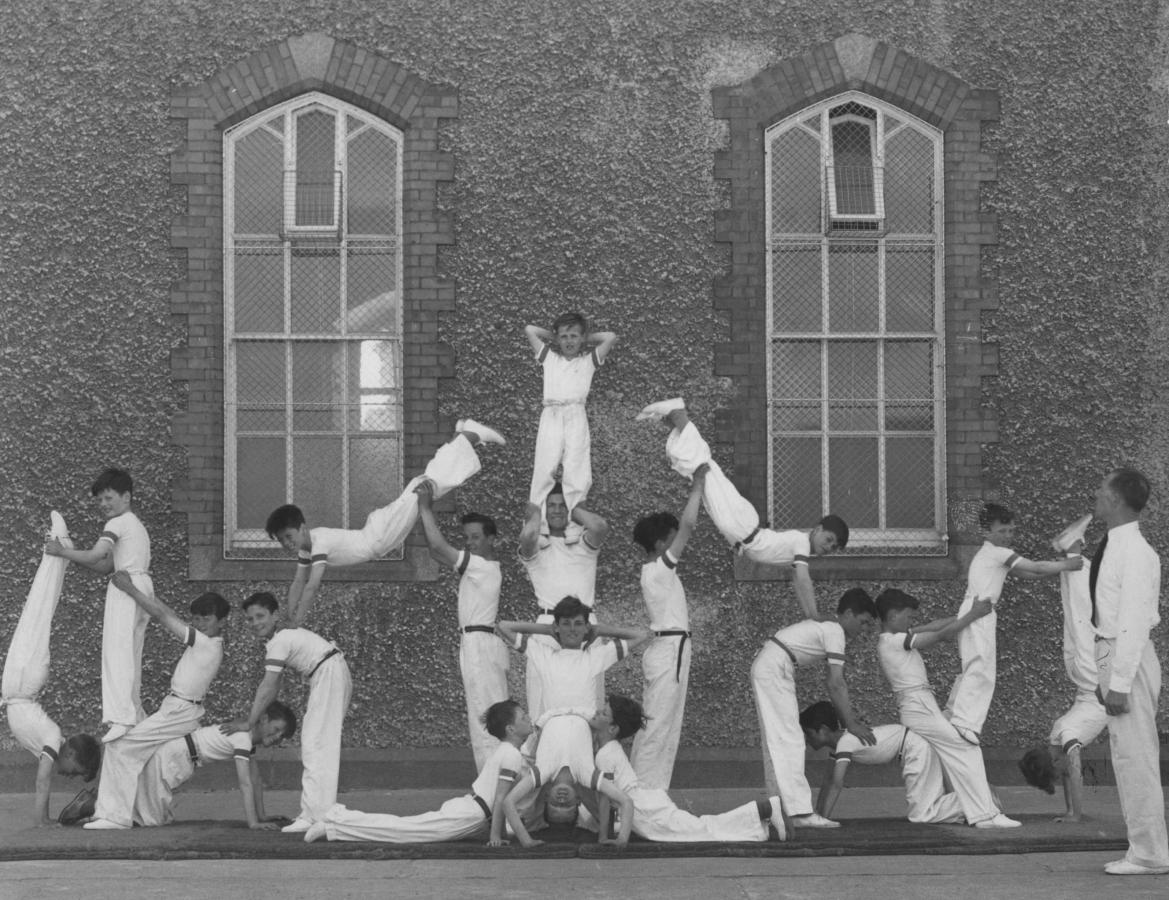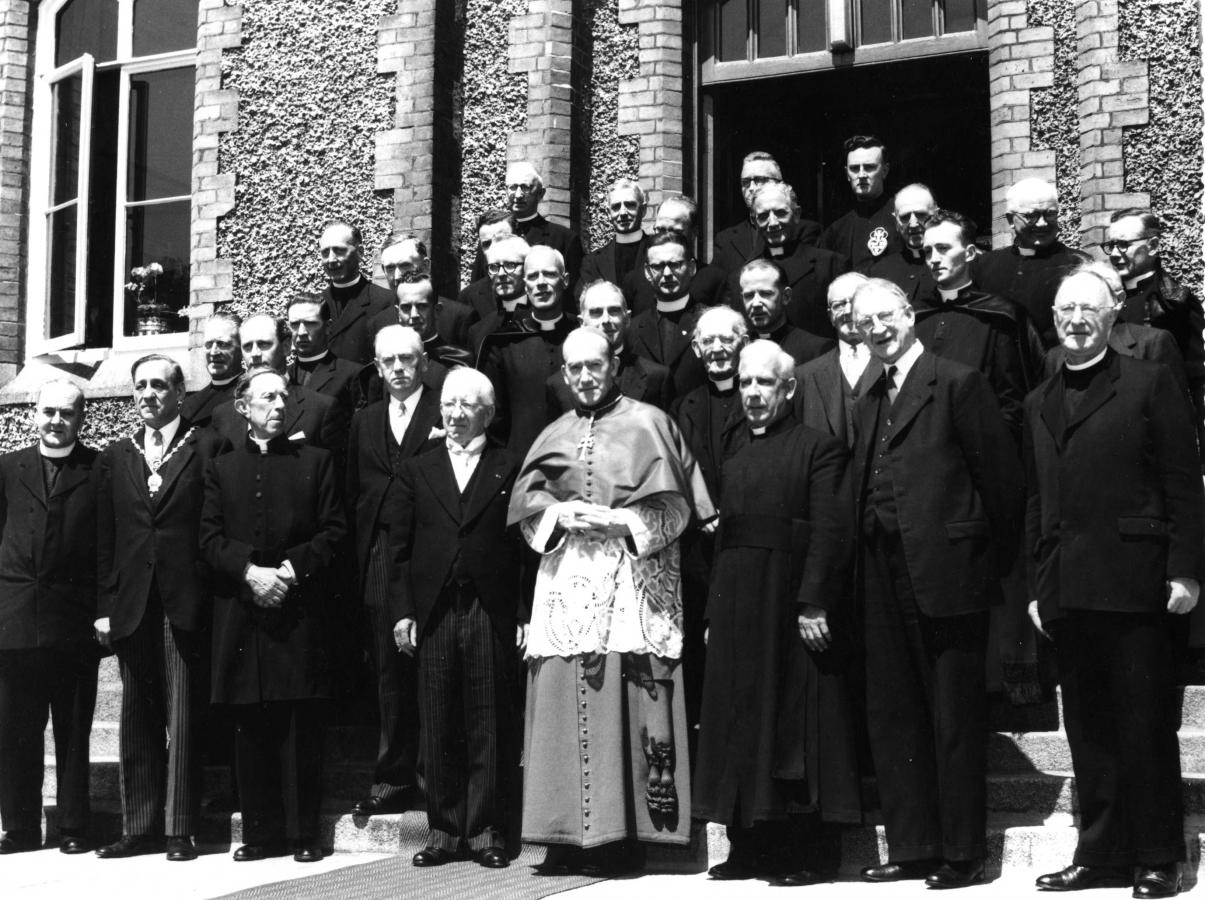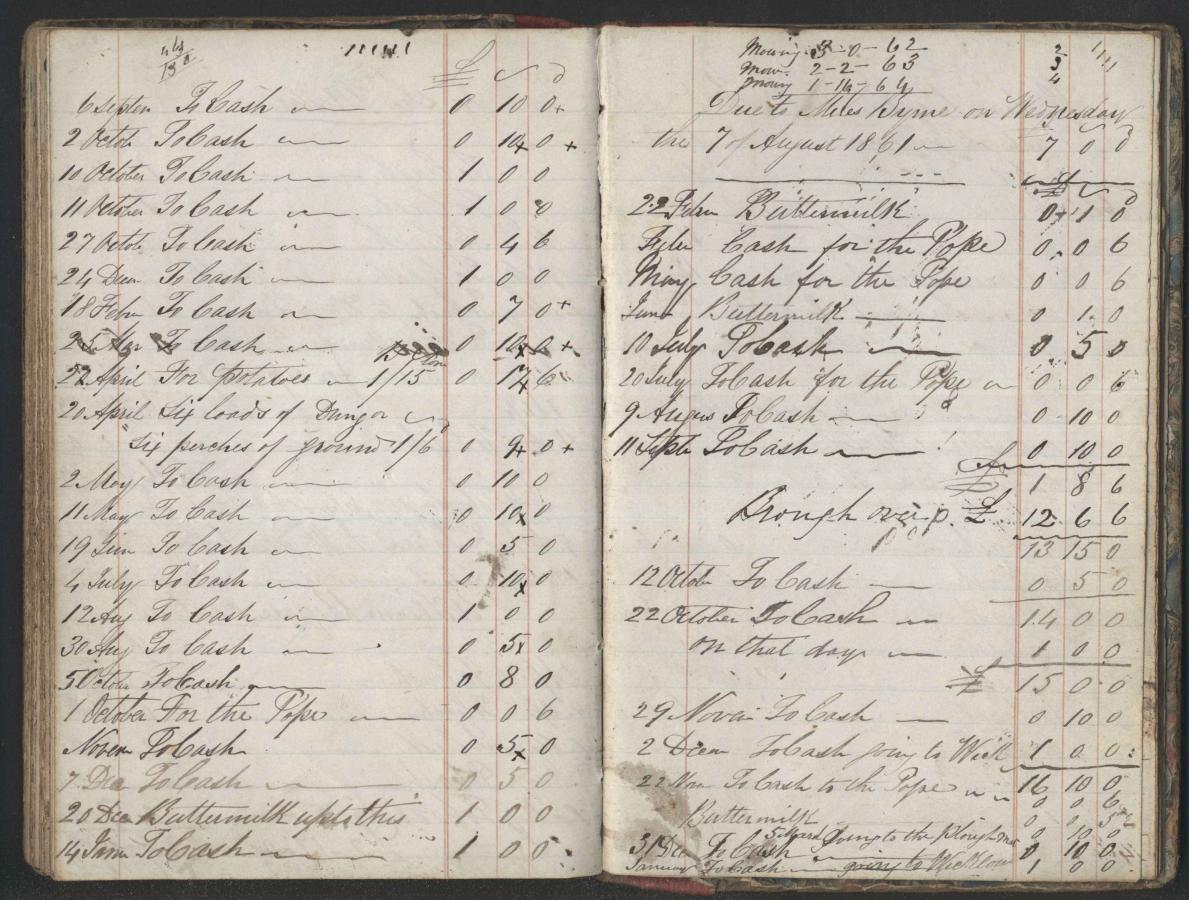Eneclann is renowned for it’s work in research and genealogy, but we also provide archives and records management services to the public, private and semi-state sectors in Ireland and abroad. The department is staffed by professional archivists, all of whom hold post-graduate qualifications in archives and records management. So, what are these services we provide you may ask? Many see the archivists as the people in the dusty basements guarding the archives and in some ways this is true, but the archivist’s primary tasks are to facilitate access to while ensuring preservation of, records of enduring value. This creates a conflict for us, how do we ensure these primary sources are made available to the public for research while ensuring their preservation into the future?
Typically, our clients whether they are private organisations or public bodies, will hold collections of archives, however they often do not know exactly what the collection contains but want to open the collection to the public, display the material for exhibition or simply get a handle on what is there. The collections may contain textual archives i.e. paper, skins (parchments, velum) or non-textual archives i.e. sound recordings, photographs, moving images, but usually there will be a combination of formats. The first step for the archivist then is to gain intellectual and physical control over the collection, this is done by Arrangement and Description.

1957
Arrangement allows the archivist to gain physical control over the collection and is the process of physically organising records in accordance with accepted archival principles of provenance and original order i.e. preserving their context. Often the collection will have a natural order so arrangement headings such as ‘Meeting Minutes’ or ‘Personal Correspondence’ will easily emerge. Intellectual control is gained by the process of description. A key skill of the archivist, is the art of description. We are taught how to describe things! An easy task you may think, however it can be a challenge to describe an item without giving opinion or bringing any prior knowledge to your description. This description involves the creation of a Finding Aid which normally takes the form of a searchable database with fields set by international and Irish standards: ISAD(G) and Irish Guidelines for Archival Description. Once the collection is arranged and described, access can then be controlled.
This leaves the question of preservation. In most collections, simple preservation management is needed e.g. removing metal fasteners such as staples from paper documents, as these will oxidise and cause the paper to corrode. Other simple steps such as re-packing material in boxes manufactured with acid-free board will help to ensure long-term preservation of the collection (normal paper and boxes use acid in their production, which will cause acid migration to the archival material and so is unsuitable for long-term storage). At this stage, Eneclann will also assess and advise on the storage environment of the collection e.g. shelving, temperature and relative humidity, light pollution etc.

1957
The other area which we are involved in is Records Management. This discipline which is intrinsically linked to archives is also carried out by professional archivists and involves creating and maintaining policies and procedures to control the creation, maintenance and disposition of records in working organisations. This will usually involve Eneclann providing a consultancy service to organisations to create these policies and guidance through their implementation.
With Records Management projects, Eneclann will generally be called into an organisation when they are out of storage space and need a solution. Our archivists will firstly conduct a functional analysis of the organisation to access the functions and get an understanding of how records are created and maintained to support these functions. This analysis will involve interviews with staff and management and surveys of record holdings. This allows the archivist to collect the information needed to draft policies such as retention schedules which will govern the retention periods and disposition of all record types within the organisation allowing them to dispose of records that under the policy have reached the end of their useful life, and ensuring vital records are protected and the corporate memory is preserved in their archives.

The two disciplines of Archives and Records Management are mutually exclusive and although they involve different processes, are governed by the same principles and have a single common theme: records.
Gerard Byrne, Archivist
Both black and white images above are taken from the St. Joseph’s Deaf School photographic collection which we imaged and scanned back in 2011. They are courtsey of The Deaf heritage Centre